Switzerland is by far one of my favorite countries. There is so much to do and so much to see while you’re there. But it is not one of those places where you can just hold off on the planning, show up, and figure it out as you go. I say this because that’s exactly what we did. You can definitely try it, but you might be better off by not doing that since it is one of the most expensive countries… I learned from my own mistakes, and I hope to guide you on your trip to Switzerland. This way you can save more time and money than I did.
If you are planning a Switzerland trip, then this guide is perfect for you. I will be including 12 important things I think you need to know based on my experience as well as sharing my travel tips before your trip to Switzerland.
Table of Contents
- Visa
- Time Difference
- Swiss currency
- Best time to go
- Accommodation
- Arrival/ Getting there (airports)
- Domestic Transportation (train/bus/tram)
- Swiss Pass
- Language
- Socket/Adapters
- Food & Water
- Security
- Take-Aways
1. Visa
When planning a visit to Switzerland, be aware of visa requirements based on your nationality. Switzerland is in the Schengen Area, allowing many nationalities to visit visa-free for up to 90 days. If you are from a country that requires a visa, you’ll need to apply at the Swiss embassy or consulate in your home country well in advance of your planned trip, and the type of visa will depend on the purpose of your visit. Ensure you have a valid passport, proof of funds, travel plans, and health insurance. It’s important to stay updated on visa requirements through official sources like the Swiss government website or your nearest Swiss embassy.
2. Time Difference
Switzerland follows Central European Time (CET) during the standard time period, which is UTC+1, and Central European Summer Time (CEST) during daylight saving time, which is UTC+2. Be sure to adjust your schedule accordingly and check the current time difference between Switzerland and your home country before your trip to avoid any timing-related inconveniences.
3. Swiss currency
While you’re planning your trip to Switzerland, you might want to keep in mind that this country has its own currency. The currency used in Switzerland is the Swiss Franc, abbreviated as CHF (Confederation Helvetica Franc).
1 CHF = 1.09 USD *add link*
Credit and debit cards are widely accepted, but it’s a good idea to have cash for small purchases and places that may not accept cards. Additionally, you can exchange foreign currency at banks, currency exchange offices, or ATMs throughout Switzerland.
4. Best time to go
The best time to visit Switzerland largely depends on your preferences and the activities you want to enjoy:
- Summer (June to August): This is the peak tourist season when the weather is pleasant, and outdoor activities like hiking, biking, and exploring the stunning Swiss Alps are at their best. This time is ideal to make the most out of all the outdoor activities. However, it can be crowded, and prices for accommodations may be higher.
- Spring (March to May) and Fall (September to November): These shoulder seasons offer a balance between pleasant weather, fewer crowds, and lower prices. Spring brings blooming flowers and green landscapes, while autumn showcases vibrant fall colors. It’s an excellent time for outdoor activities without the peak-season rush.
- Winter (December to February): Switzerland is famous for its ski resorts, making winter a prime time for skiing, snowboarding, and other winter sports. If you’re a fan of winter activities or dream of a snowy Christmas, this is the time to go. Prices can be high during the holiday season. We went snowboarding in April, and while the mountains were still beautiful and open to ski/snowboard, there wasn’t as much snow left by this time.
Ultimately, the best time to visit Switzerland depends on your interests and whether you prefer the charm of winter, the vibrancy of summer, or the tranquility of the shoulder seasons. Consider your activities, budget, and weather preferences when planning your trip.
5. Accommodation
Switzerland offers a wide range of accommodation options to match your style and budget.
From comfy hotels in the cities to cozy chalets in the mountains, you’ll find something to suit. Want a personal touch? Try charming B&Bs. Backpackers can opt for budget-friendly hostels, while vacation rentals offer a home away from home. Use websites like Airbnb and Booking.com offer a wide selection of vacation rentals, including apartments and cottages. For a rustic adventure, consider mountain huts. And if you’re up for some pampering, indulge in spa resorts or luxury retreats. Don’t forget scenic campsites and historic inns for unique experiences.
The choice of accommodation depends on your budget, travel style, and the regions you plan to visit. Book ahead, especially during peak seasons, to get your ideal spot.
*add links*
6. Arrival
Arriving in Switzerland and getting to the airport is straightforward:
- Airport Options: Choose the nearest international airport to your destination, such as Zurich (ZRH) or Geneva (GVA).
- Transportation to the Airport: Switzerland has an excellent public transportation system. Trains, trams, and buses connect major cities to airports. Taxis and rideshare services like Uber are also readily available.
- Airport Facilities: Swiss airports are well-equipped with restaurants, shops, lounges, and services for travelers. Familiarize yourself with airport facilities, security regulations, and flight details to ensure a smooth and stress-free travel experience.
7. Domestic Transportation
Switzerland’s domestic transportation network covers various modes:
- Trains: Switzerland has a world-renowned train system that connects cities, towns, and scenic routes. It’s punctual, comfortable, and offers stunning views of the Swiss landscape.
- Buses: Buses complement train routes, serving destinations not directly accessible by rail. They are efficient and often connect remote areas and mountain regions.
- Trams: Major cities like Zurich, Geneva, Basel, and Bern have efficient tram systems for convenient urban transportation. They are a popular choice for getting around within cities.
*Apps to download for easy train travel: SNCF, Omio, & SBB Mobile
8. Swiss Travel Pass
The Swiss Travel Pass offers unlimited travel on the Swiss Travel System network, which includes trains, trams, buses, boats, and even some mountain cable cars. It covers nearly the entire country, making it easy to hop between cities, towns, and scenic regions.
- Duration Options: Travelers can choose from various pass durations, such as 3, 4, 8, or 15 consecutive days. Select the pass that aligns with your travel itinerary.
- Free Admissions and Discounts on Excursions: The Swiss Travel Pass provides free admission to numerous museums across Switzerland. It’s an excellent way to immerse yourself in Swiss culture and history. Additionally, pass holders can enjoy discounted rates on mountain excursions to iconic destinations like Jungfraujoch, Schilthorn, and Mount Pilatus.
- Convenience: The pass eliminates the need to purchase individual tickets for each leg of your journey, saving both time and money. It’s a hassle-free way to explore Switzerland.
- Flexibility: Travelers can activate the pass on any day, and it remains valid for the chosen consecutive days. This flexibility accommodates various travel itineraries.
To make the most of your Swiss adventure and the convenience of seamless travel and cultural exploration, consider purchasing the Swiss Travel Pass.
9. Language
Switzerland is a multilingual country with four official languages. Here’s what you need to know about languages in Switzerland:
Official Languages: Switzerland has four official languages: German, French, Italian, and Romansh. The distribution of these languages varies by region:
- German is the most widely spoken language and is predominant in the central and eastern parts of Switzerland.
- French is spoken in the western part of Switzerland, particularly in cities like Geneva and Lausanne.
- Italian is the official language in the southern region of Ticino and parts of Graubünden.
- Romansh is a minority language spoken in some parts of the canton of Graubünden.
English: English is not an official language in Switzerland, but it is widely understood, especially in tourist areas, larger cities, and among the younger population. You can generally manage with English in most situations.
Remember that Switzerland’s language diversity is part of its charm, so don’t be discouraged if you encounter different languages during your visit. Learning a few basic greetings and phrases in the local language can enhance your travel experience and foster goodwill with the locals.
10. Travel Adapters
When traveling to Switzerland, it’s essential to be prepared with the right travel adapter to ensure your electronic devices can be used.
Switzerland typically uses Type J electrical outlets. These have three round pins in a row and are compatible with plugs with the same configuration. It’s a unique plug type, so make sure you have the right adapter before your trip.
*add link*
11. Food & Water
Switzerland offers a variety of food and water options for travelers:
- Dining Out: Swiss cuisine is diverse and delicious, with dishes like fondue, raclette, rosti, and chocolate fondue being popular choices. Dining out can be a delightful experience, but it tends to be more expensive. Reserve restaurant visits for special occasions and regional specialties.
- Supermarkets: Switzerland has well-stocked supermarkets like Migros and Coop, where you can purchase groceries, snacks, and ready-made meals. This is a budget-friendly option for travelers, allowing you to enjoy picnics and prepare meals in your accommodation.
- Local Markets: Explore local markets for fresh produce, artisanal cheeses, and regional specialties. It’s an excellent way to taste local flavors and support local producers.
- Tap Water: Swiss tap water is of high quality and safe to drink throughout the country. Take advantage of the many public water fountains to refill your reusable water bottle. This not only saves money but also reduces plastic waste.
- Cafes and Bakeries: Swiss cafes and bakeries are great for grabbing a quick coffee and pastry. Enjoy a leisurely breakfast or afternoon coffee while indulging in Swiss pastries and desserts.
- Alcohol: Switzerland is known for its high-quality wines and beers. If you’re a wine enthusiast, explore local wineries and vineyards in regions like the Valais and Ticino.
Whether you choose to dine out, shop at supermarkets, or indulge in local market finds, Switzerland’s food scene is diverse and offers something for every palate. Don’t forget to stay hydrated with the readily available tap water and embrace the opportunity to savor Swiss culinary specialties.
12. Security
Switzerland is generally considered a safe destination for travelers. It boasts low crime rates and is known for its political stability and effective law enforcement. While it’s essential to take standard precautions like safeguarding your belongings, the risk of serious incidents is relatively low. However, like any travel destination, it’s advisable to remain vigilant in crowded tourist areas and take care of your personal belongings.
In addition to low crime rates, Switzerland is well-prepared for emergencies and natural disasters. The country has efficient emergency services, and signs and instructions are usually available in multiple languages. Travelers can feel confident in Switzerland’s commitment to safety and security.
Switzerland Take-Aways
- Currency is the Swiss Franc
- Switzerland offers diverse accommodation choices, from hotels to B&Bs to hostels
- Get a Type J Plug Adapter
- Download the SBB Mobile App (and SNCF & Omio)
- Switzerland’s tap water is safe to drink
- Public fountains allow you to refill reusable water bottles, saving money and reducing plastic waste.
- The Swiss Travel Pass provides unlimited travel on trains, trams, buses, and boats
- Consider using Migros and Coop supermarkets for affordable meals
- Get a Type J Plug Adapter
- Security is considered a safe destination for travelers.
This is my ultimate guide based on my experience from my own trip to Switzerland including everything I wish I could’ve been told before my own trip.
I hope this helps anyone who might be reading this!
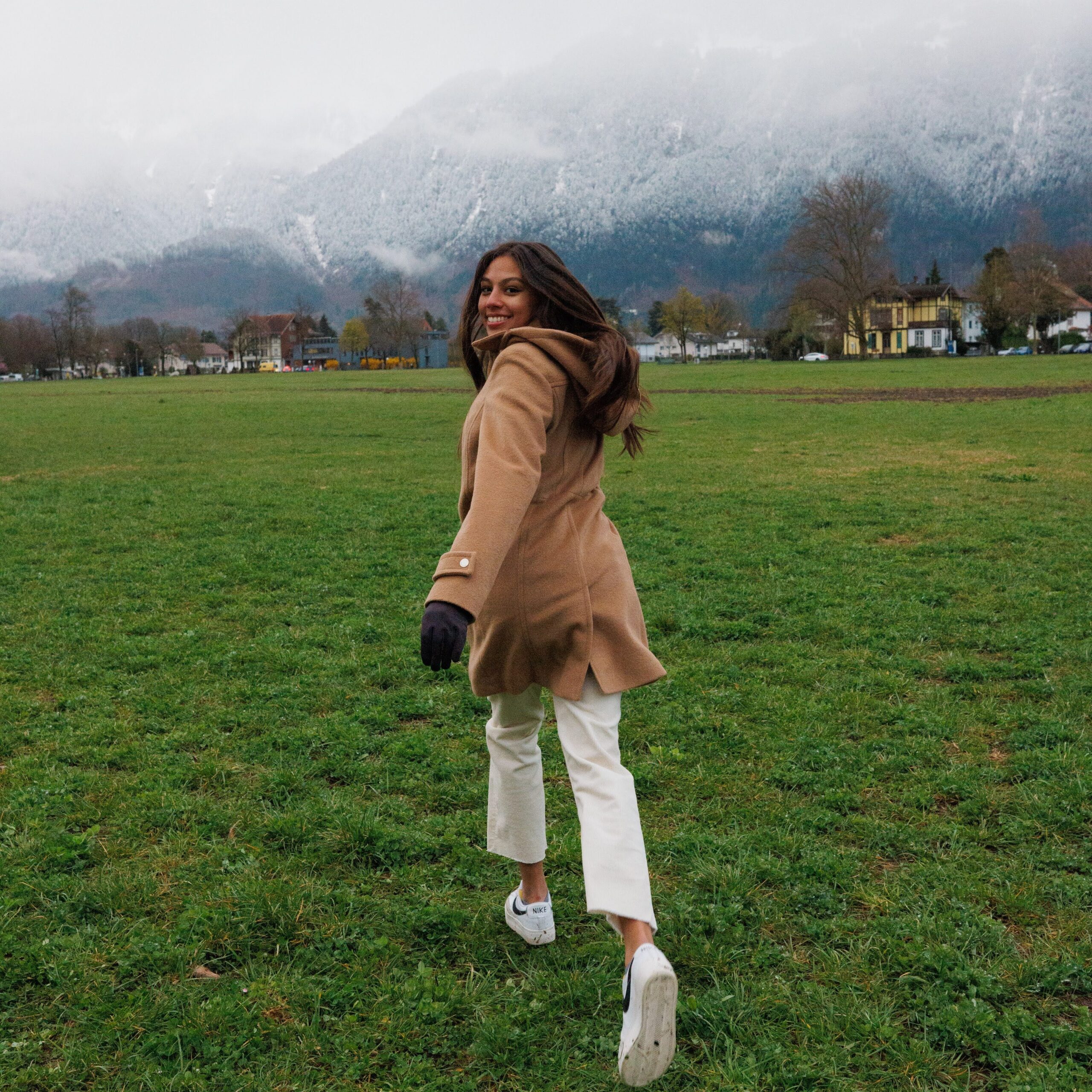
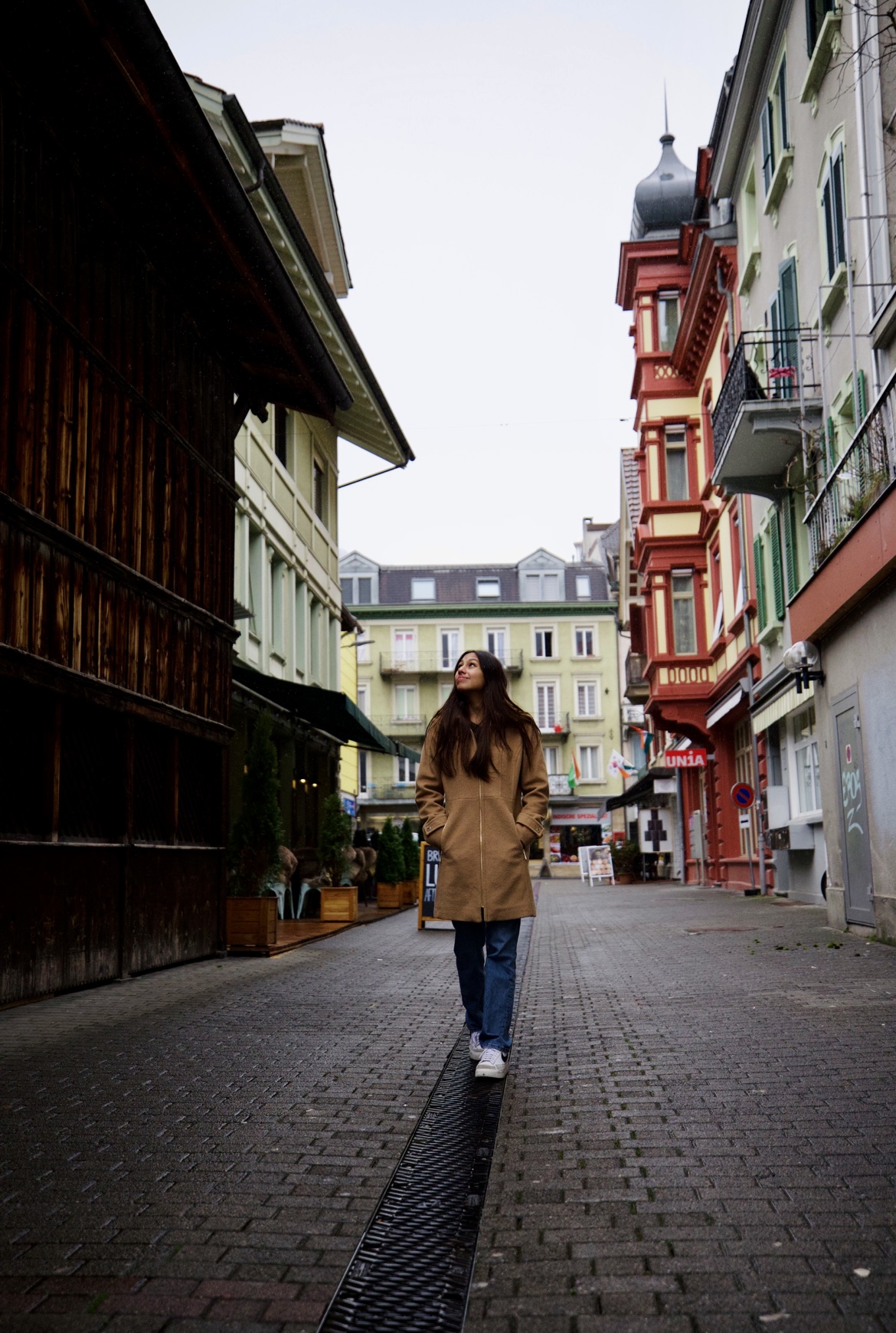

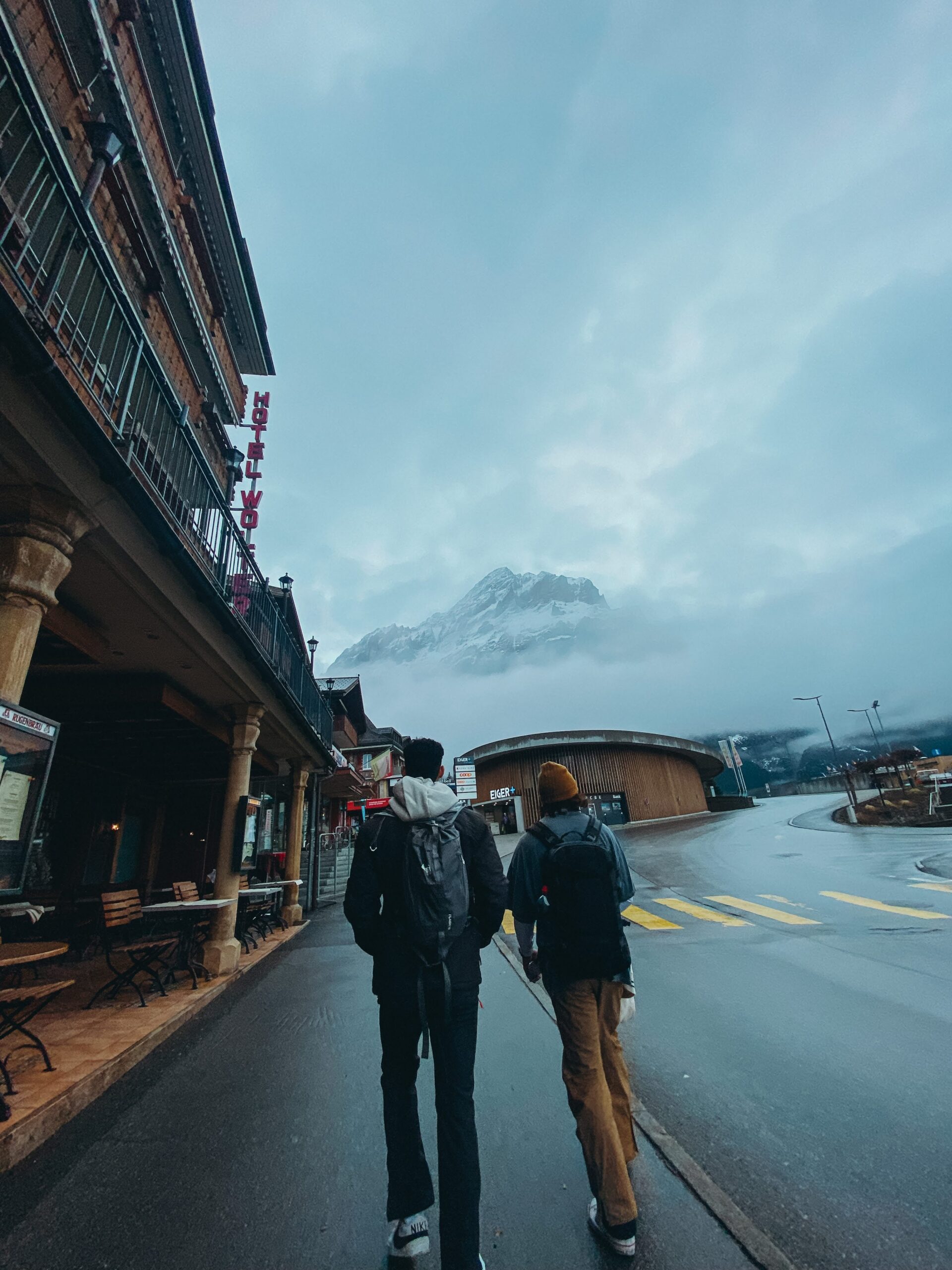
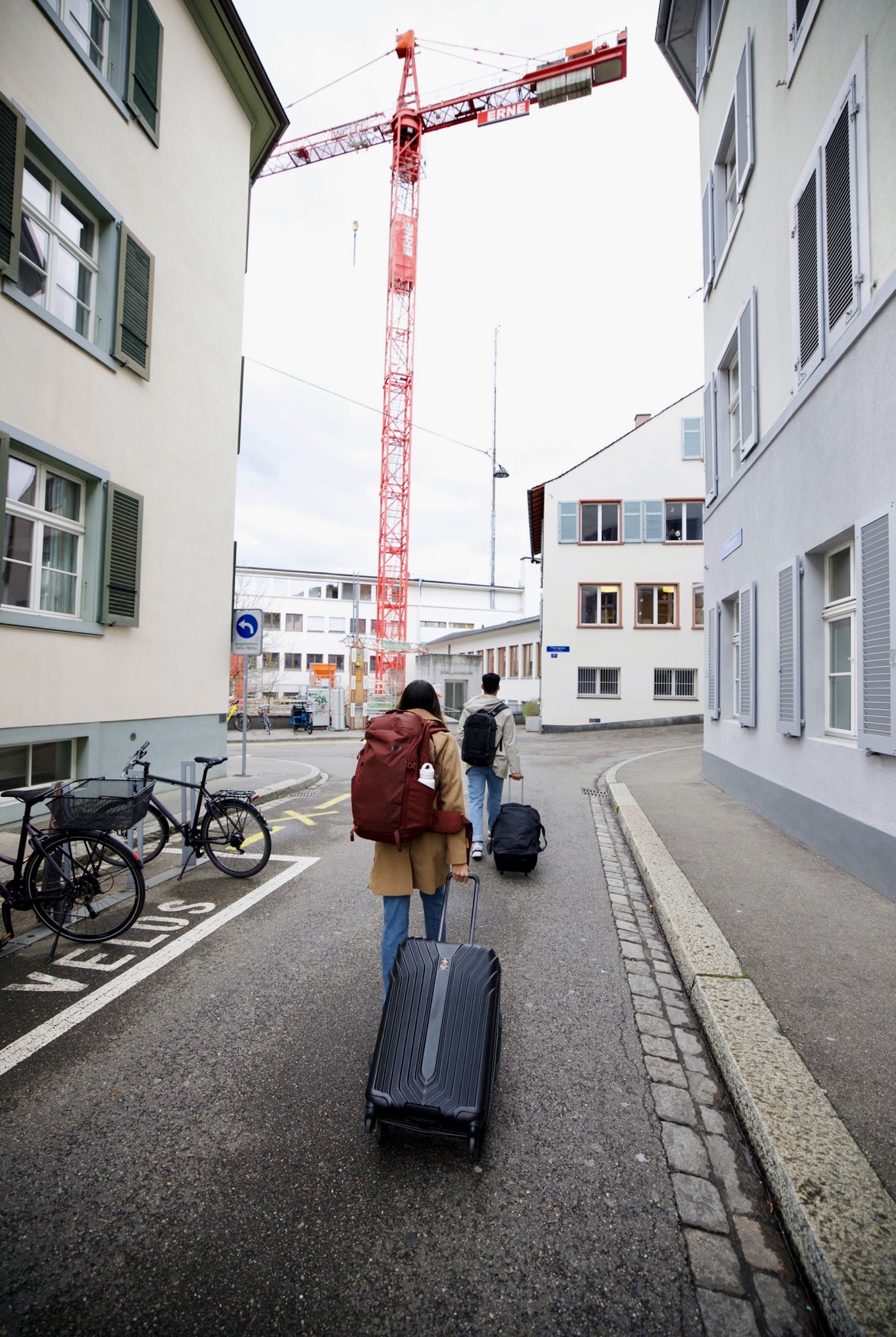



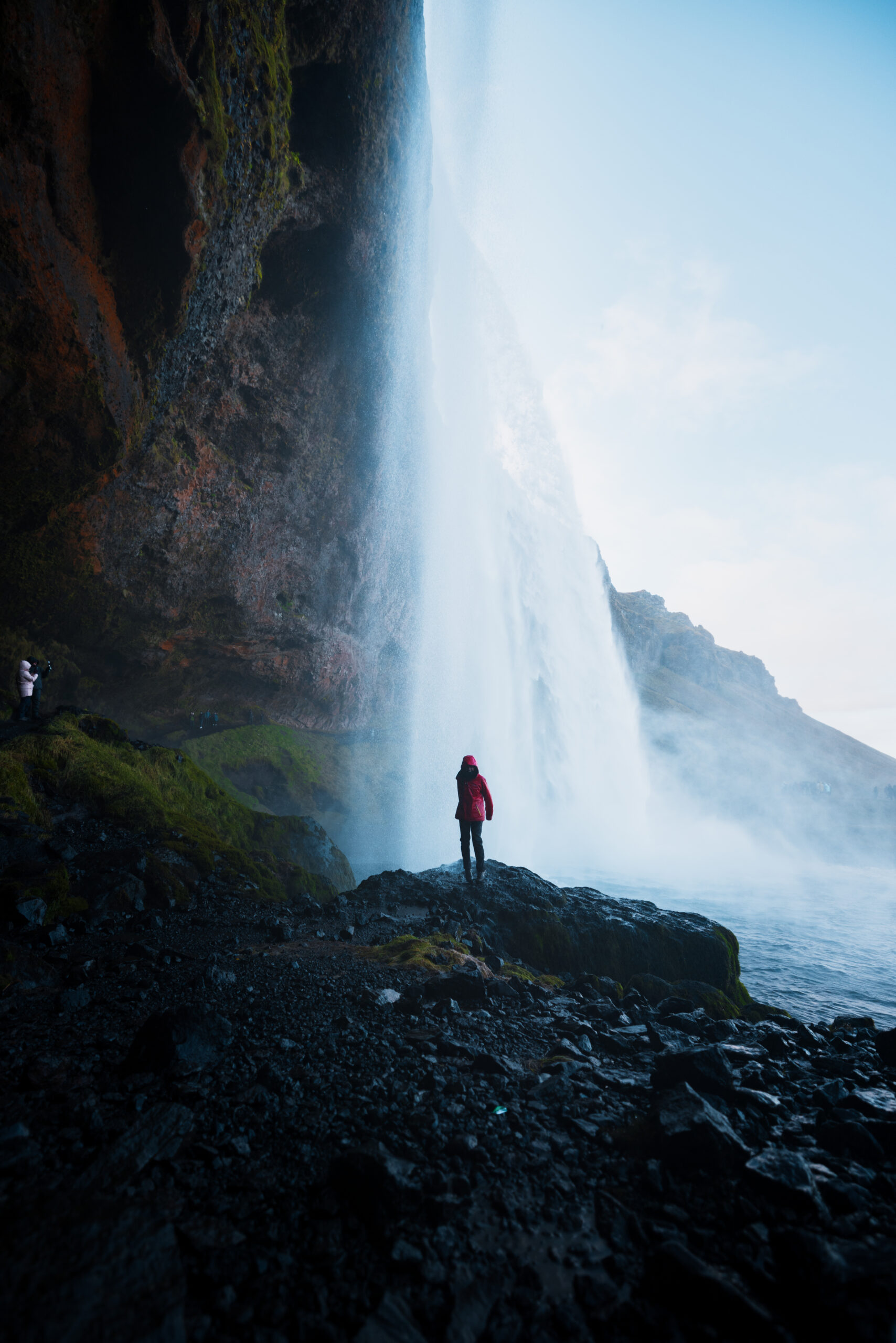




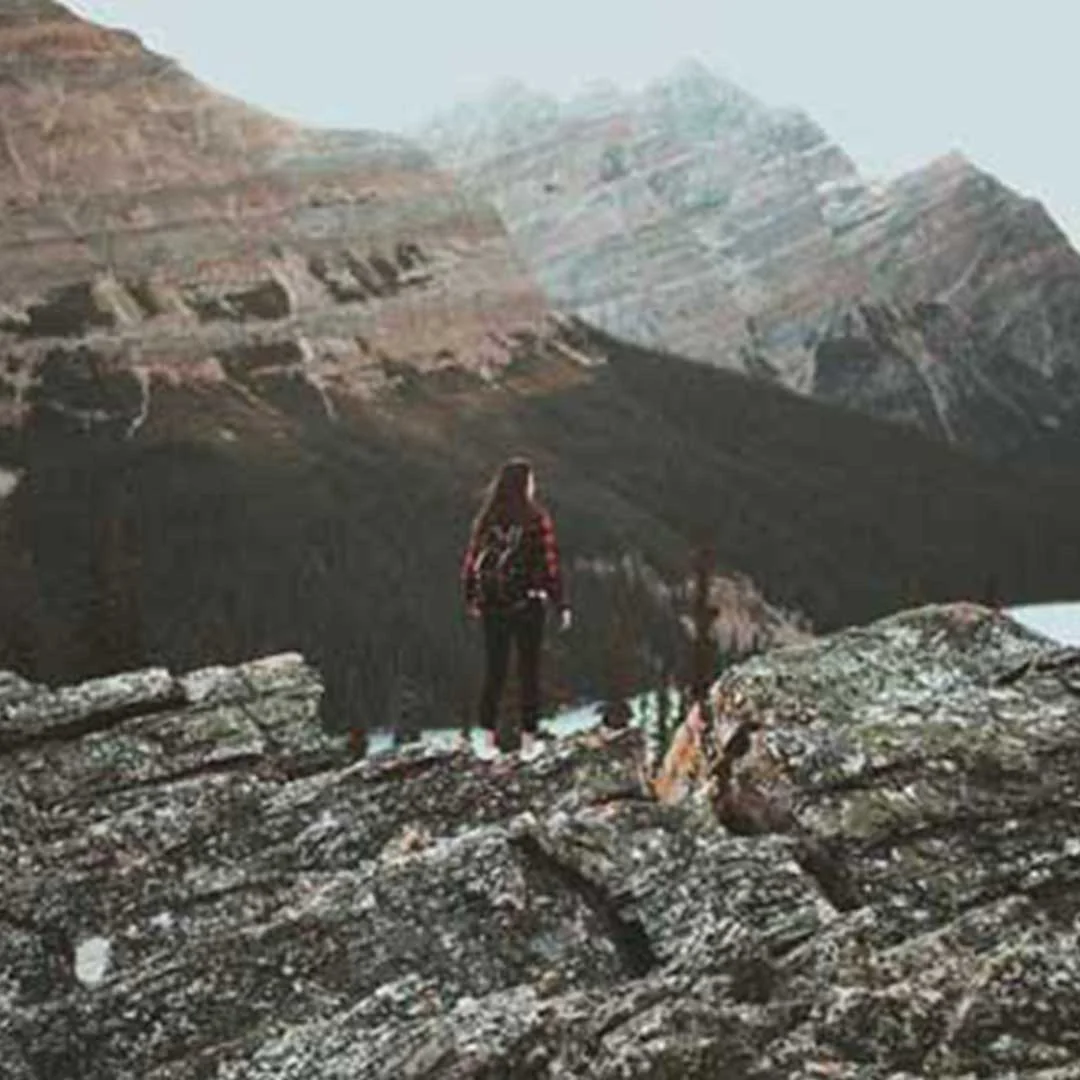




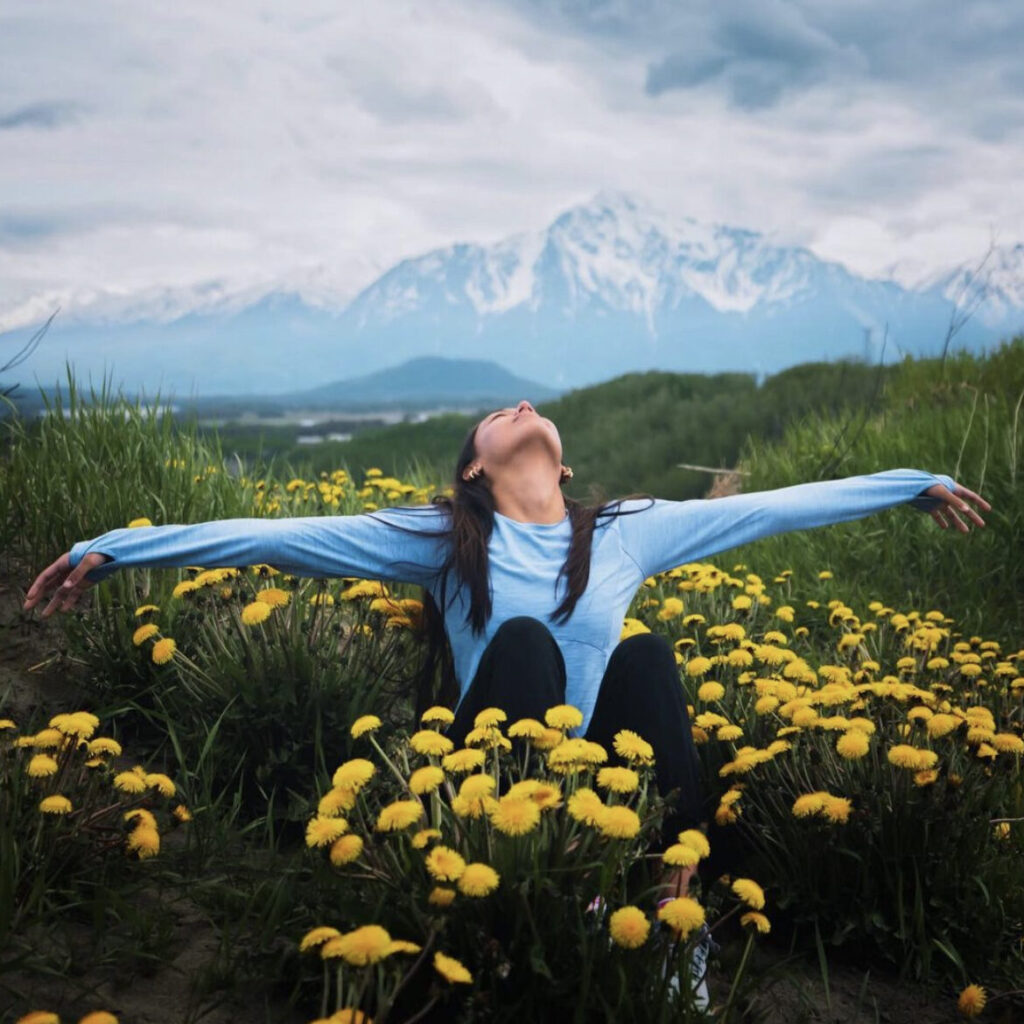
Leave a Reply